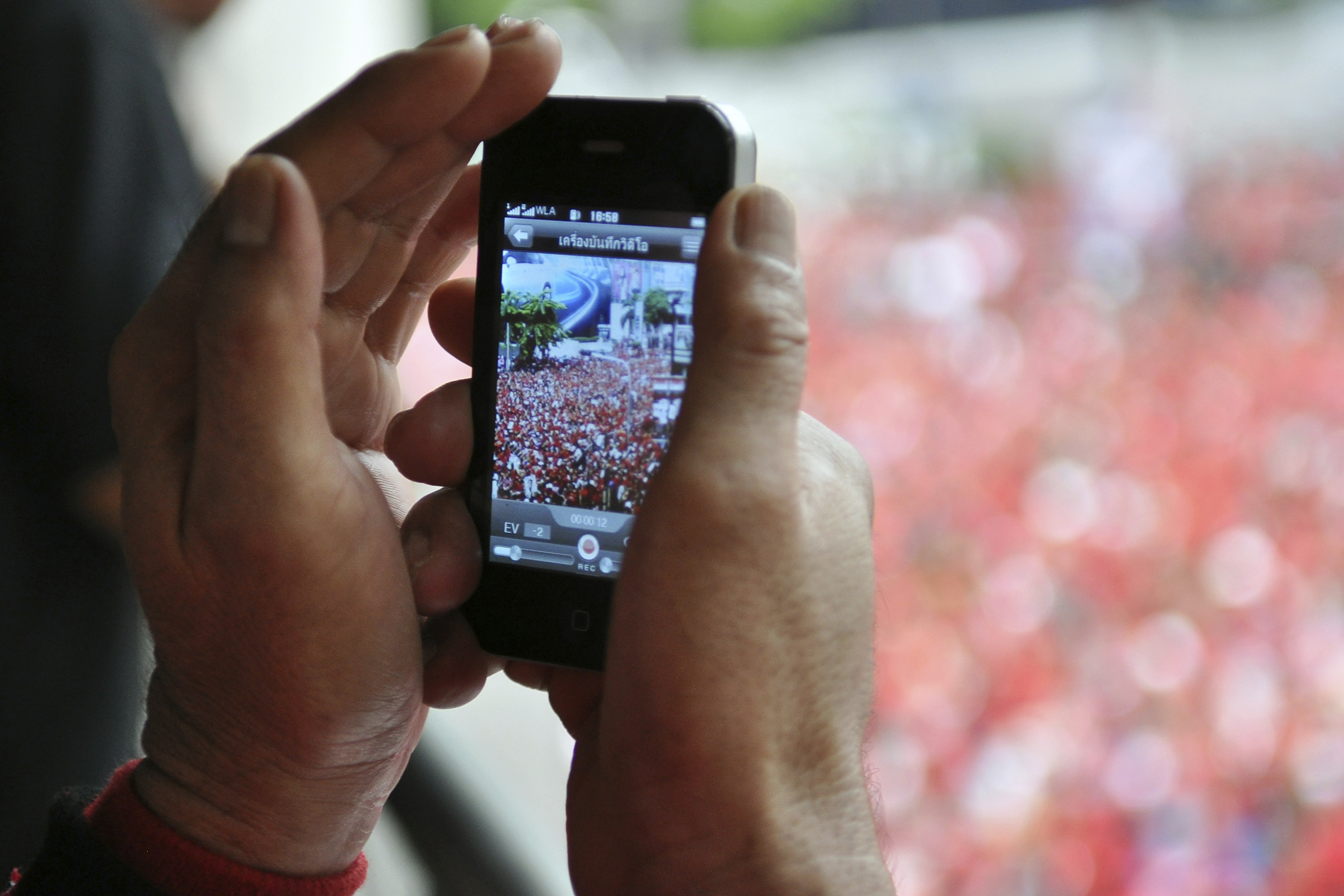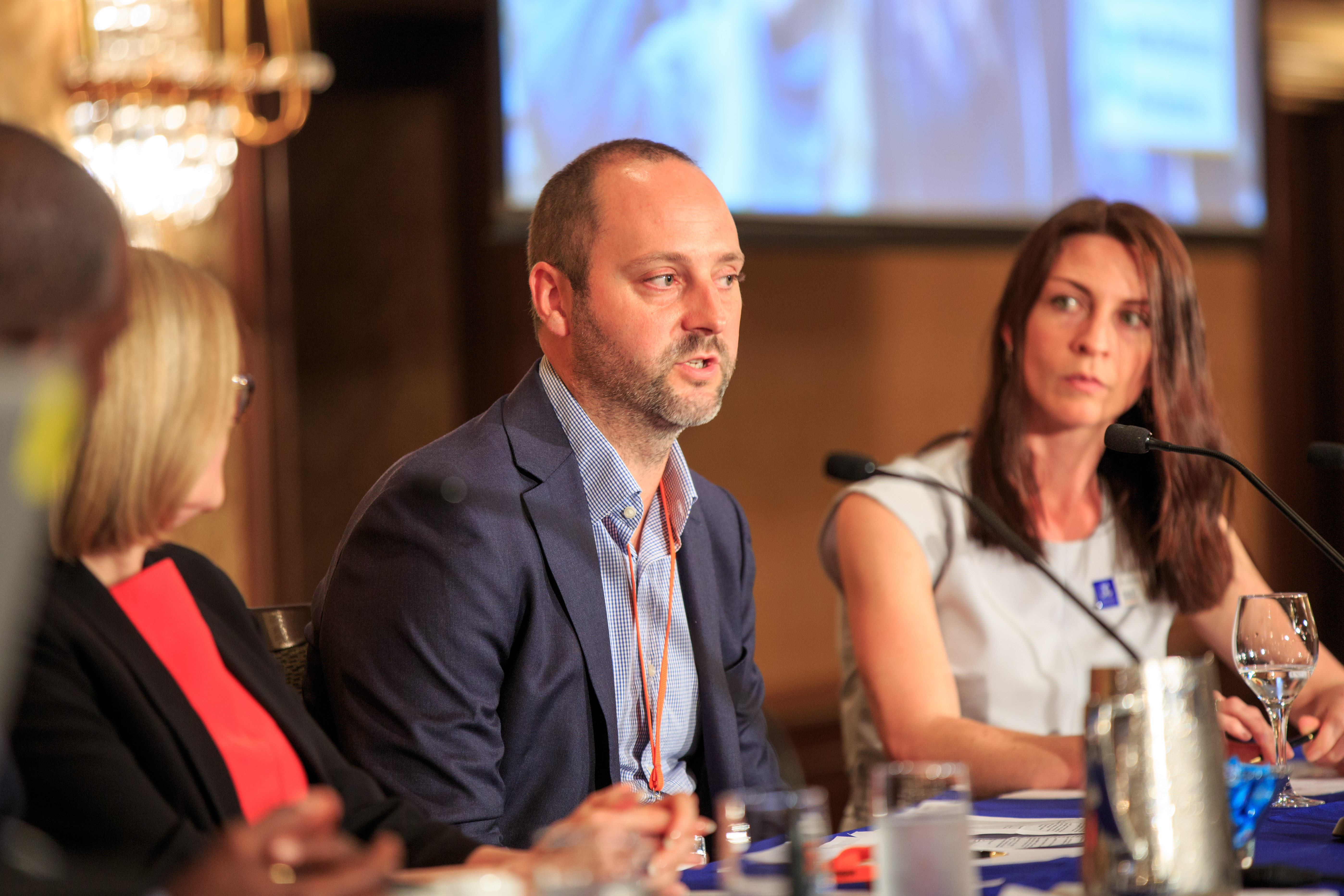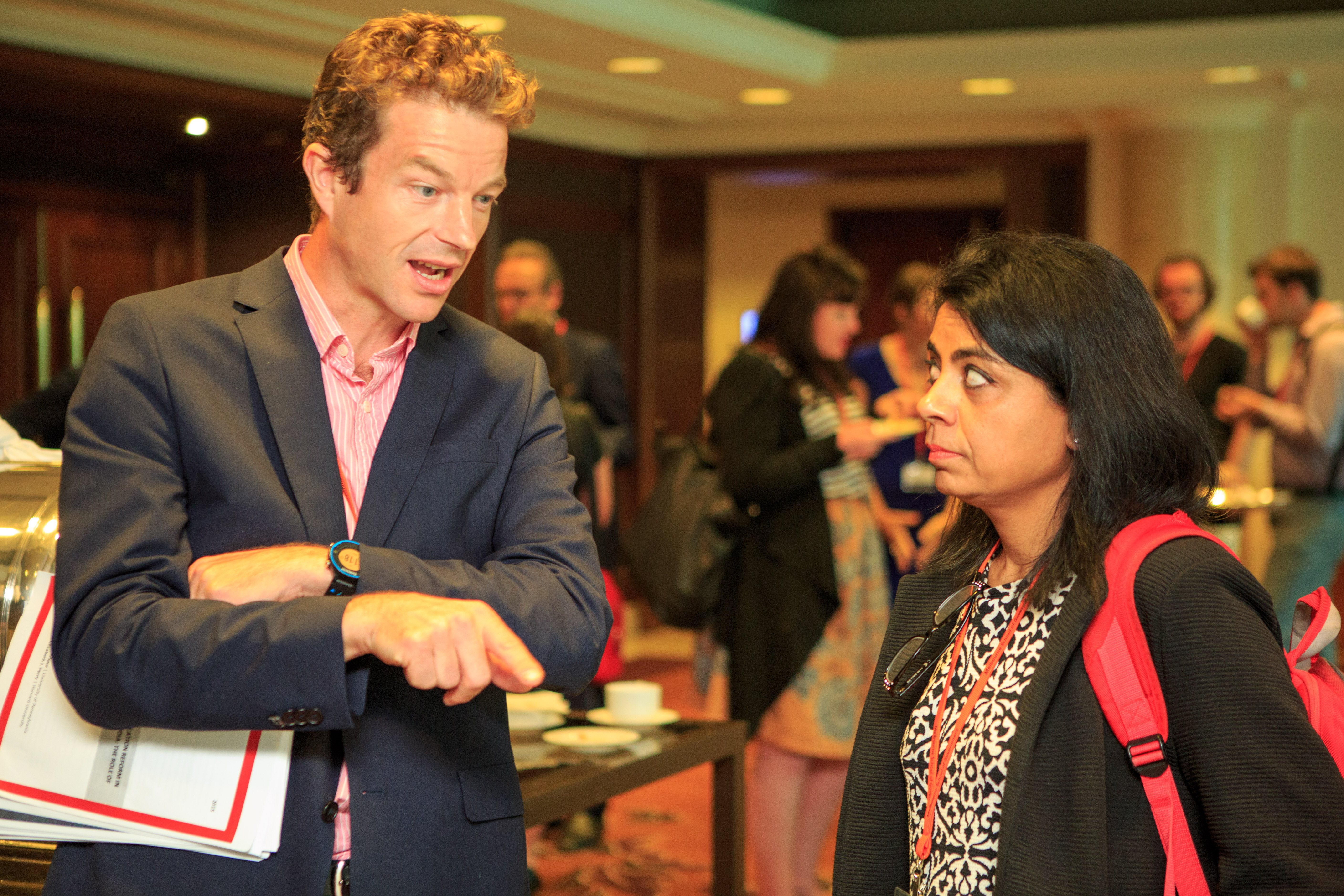What we can do to fix democracy

The Melbourne School of Government’s Democracy in Transition Conference identified some core challenges for our political institutions
Published 10 December 2015
The Melbourne School of Government’s biannual conference brings a diverse group of researchers, policy makers and activists into a conversation about workable and sustainable solutions to challenging problems. The topic of this year’s conference was “Democracy in Transition” and if there was one thing that our conference participants did agree on, it was the challenge posed by this topic.
In fact, not all of our participants believed democracy to be broken, but there was little dissent from the proposition that democracy needed some fixing.
As the live conference blog posts indicate, the discussion ranged far and wide, exploring the state and fate of democracy in advanced economies and developing countries and the values and limits of democracy, both from the perspective of long standing democracies as well as those countries with interrupted democratic traditions and those that viewed democracy with sceptical eyes.
The conversations required scholars from different disciplinary backgrounds to engage with each other, working together on what potential solutions might look like.

Of course, any discussion on democracy must be had with those outside the ivory towers and the conference format enabled corporates to commune with community activists and political exchanges from across the ideological spectrum.
These encounters were not always comfortable accompanied as they were by the challenges of language and history and tradition.
But they were always productive and over the two days some common ideas and themes emerged.
· Democracy is a process not an outcome.The phrase I heard again and again was “democracy is not an end of itself”. Instead, it is continuously remade remade through the various rituals, symbols and practices we associate with democracy.
· Democracy is a work in progress. It will never be finished but is always in a state of becoming – it is an expression of who we are and who we believe we should be.
· Context matters – democracy is defined and delimited by the history, experience and conditions of states, nations and communities. This is not to say that broader lessons cannot be drawn, but it reminds us that democracy will always bear the character of its specific conditions.
· The design of democratic institutions is important. We must ensure hey are capable of evolving to meet the demands of contemporary societies.
· Engage with he people. We are lucky to live in a time when new tools and mechanisms (eg. social media) allow us to better connect and give a voice to the under-represented. But, we need to do more to utilise these technologies and ensure that those in government take the results seriously.
· Beyond altruism. We need to pay equal attention to our democratic disposition – to promote “other regarding behaviour” as a core value and practice. This will not happen on its own but requires cultivation.
· Poor leadership and corruption are core challenges to democracy. This is an issue present in both advanced and developing contexts. We can take action here – providing training for politicians as well as robust institutions to minimise corrupt conduct.
· Inequality damages democracy, as does the dominance of wealthy interests. While there are many possible solutions, there is little political will to work on this problem.

The best discussions happened between the formal sessions: at the coffee and lunch breaks, in the hallways and elevators. Though the conference did not manage to “fix democracy”, I believe that everyone left invigorated by those conversations with a renewed interest in working towards sustainable solutions to challenging problems.
